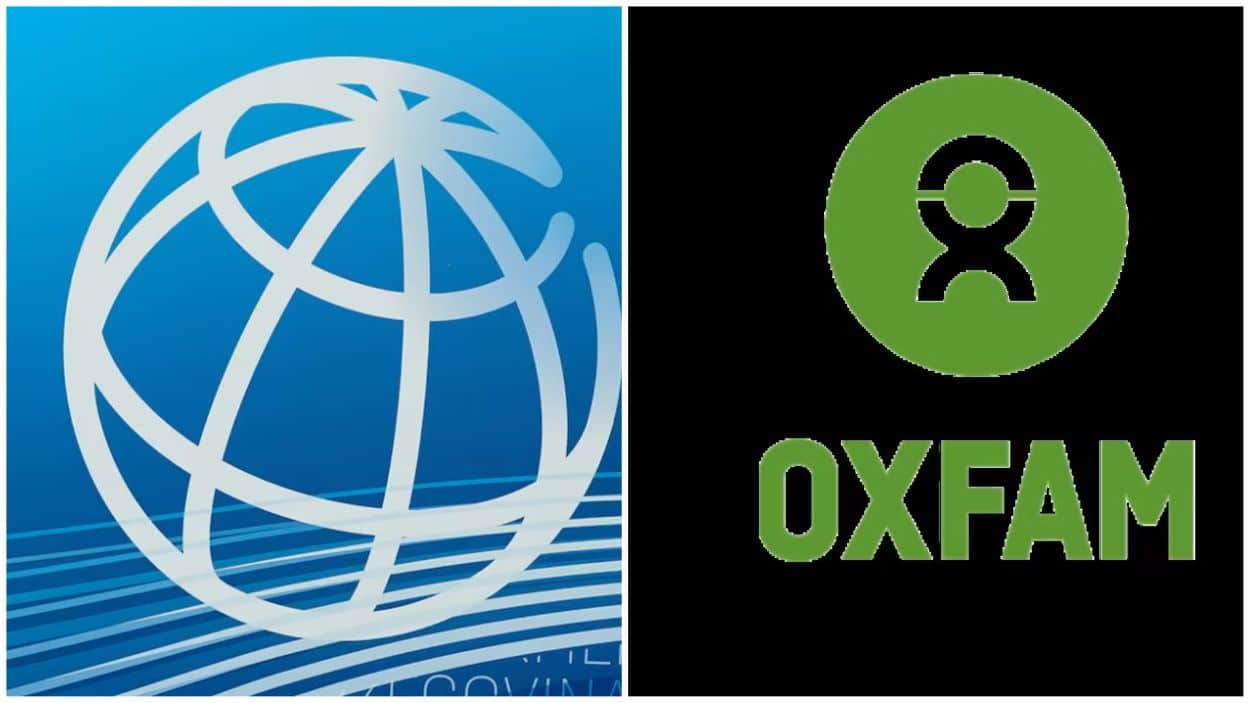A new Oxfam report released October 17, ahead of the World Bank and IMF Annual Meetings in Washington D.C., up to $41 billion in World Bank climate finance, nearly 40 per cent of all climate funds disbursed by the Bank over the past seven years remains unaccounted for due to inadequate record-keeping practices.
Oxfam’s audit of the World Bank’s 2017-2023 climate finance portfolio showed that auditors could not account for between $24 billion and $41 billion from the time projects received approval to their closure. The lack of a clear public record detailing the use of these funds makes it impossible to evaluate their impact. Moreover, whether the funds reached the climate-related initiatives intended to help low- and middle-income countries remains uncertain.
Kate Donald, Head of Oxfam International’s Washington D.C. Office, criticized the World Bank’s approach, comparing it to assessing a diet based solely on a shopping list without considering the actual consumption. “The Bank boasts about its climate finance billions based on projected spending, not actual expenditures,” said Donald.
This year’s Conference of the Parties (COP) in Azerbaijan will spotlight the issue of climate finance, with discussions expected to revolve around setting a new global climate finance goal. Activists are urging the Global North to commit at least $5 trillion annually to the Global South as a preliminary contribution towards compensating for the climate crisis, disproportionately affecting the least responsible yet most impacted regions. During this pivotal moment, Oxfam warns that untraceable spending might erode trust in global climate finance efforts.
Donald emphasizes the critical nature of transparently tracking climate finance. “Failing to monitor where and how climate funds are spent constitutes a bureaucratic error and a serious breach of trust, jeopardizing the necessary progress at this year’s COP. The World Bank must act urgently to address the climate crisis,” she stated.
Oxfam’s investigation into the World Bank’s use of climate finance highlighted significant challenges in accessing clear and complete information, stressing the need for transparency. “Accessing this information was laborious, and the data we found was riddled with gaps and inconsistencies. It shouldn’t require a team of researchers to determine how funds intended for climate action are spent. Such information should be openly available, especially to communities that these funds are meant to assist,” Donald concluded.






